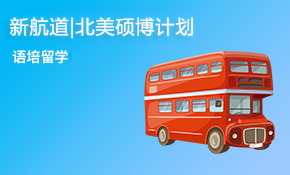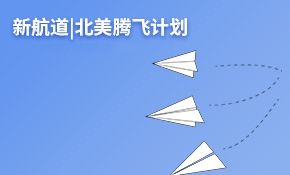新航道2017.06.17雅思考试机经回忆
各位烤鸭们,刚刚结束的2017.06.17的雅思考试,新航道回忆来咯,快来对答案吧!PS:以下回忆内容均由新航道老师参加考试之后提供的一手回忆,转载请注明出处!
新航道2017.06.17雅思考试机经听力部分




新航道2017.06.17雅思考试机经阅读部分










新航道2017.06.17雅思考试机经写作部分


新航道2017.06.17雅思考试机经口语部分




重点话题:Politeness
1. Who taught you about politeness when you were a child?
It was my parents and my teachers. When I went out with my parents, my mother or my father kept telling me to say Uncle or Aunt or Grandpa or Grandpa, which is an interesting and unique way to greet people in China. And when I was in school, my teachers never stopped telling us to say sorry or thank you or excuse me or please when we talked with others.
2. Why should people be polite?
Well, that is why we call ourselves people. I mean we are not animals and we don’t gain respect via our sharp teeth or iron claws. As a human, we are supposed to show our civilization and quality in our behaviors. And being polite is one vital quality that separates us from animals. That means, if we don’t want to be called animals, we had better be polite.
And being polite saves us much trouble. Think about it. You are in a restaurant and have ordered hotpot. When it is served, there is something unsatisfying. And you want to return it. If asking nicely and politely, there might be no problem. However, as the lady did 2 months ago in the same scenario, loud and rude and insulting, the waiter poured a whole pot of hot soup over the lady’s head.
And basically, being polite brings convenience and comforts to not only others but also ourselves.
3. When shall we be polite?
I don’t think we should pick a moment to act politely. If possible, we shall keep polite all the time, like when we get stuck in the traffic, get sandwiched in the subway, get annoyed by our noise neighbors. It can be really difficult, but how much we are civilized can be seen from how and when we keep our politeness.
4. How do Chinese people show their politeness?
For both categories, there can be various and numerous behaviors.
To be polite, warm greetings shall be heard when we see our friends in the street, mouth corners shall be up when we talk, please should be there when we make a request and sorry when we bother others. The list is endless.
And impoliteness can also be known in many ways such as cutting in lines, talking really loud in public places or listening to music without earphones in the subway.
5. What differences are there between polite manners in the past and the ones at present?
I am not very sure, but I think certain behaviors have been redefined.
For example, in the past, it would be considered impolite if we failed to visit our elders during traditional festivals like the Spring Festival. But now, it is a totally different story. More and more young people choose to work and reside in big cities, far away from their hometowns. And during the festival time, it is not easy to get a ticket home due to the large amount of travelers. They may have to call their parents and relatives instead of visiting them in person.
Besides, the one-child policy plays its part too. In the past, kids were taught to put others’ benefits before their own. And now this policy offers perfect way-out for kids to be selfish, who may not be able to show enough politeness when they are supposed to.















